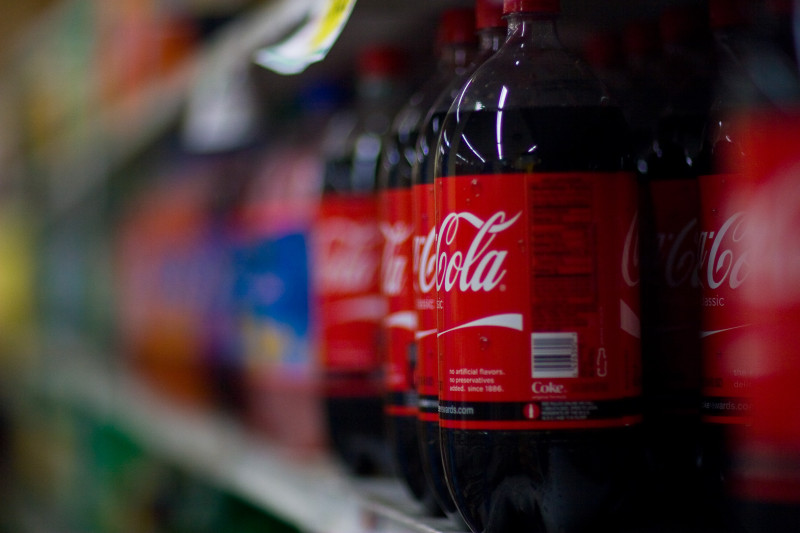Former New York City Mayor Michael Bloomberg, who fought unsuccessfully to establish a cap on the size of soda portions sold in that city, has donated $83,000 to the Yes on Measure D campaign.
His contribution – the largest the soda tax advocates have gotten to date – is one of three significant donations made by national groups in recent days, according to Josh Daniels, the campaign's co-chair. The American Heart Association recently gave $23,000 and the Center for Science in the Public Interest kicked in $15,000.
The national donations “recognize that this has become a national issue and Berkeley is in the spotlight because of it,” said Daniels. “In the last couple of weeks we have not only seen the press coverage of what the beverage association has been spending, but also the fact that we continue to be very successful. That’s why these advocates, including Bloomberg, see us as this tipping point. We will be the first city in the country to do this and they want to make sure that our victory is solidified.”
The Yes on Measure D campaign has raised about $257,585, according to campaign filings. The No on Measure D campaign has spent $1.675 million to fight a proposed one-cent per ounce soda tax that would be levied on distributors. All of those funds have come from the American Beverage Association California PAC.
In 2012, Bloomberg proposed a law that would have prevented restaurants, movie theaters, stadiums and arenas in New York City from selling sugary drinks that were larger than 16 ounces. The New York City Board of Health unanimously adopted the law, but the beverage industry immediately challenged the law.
